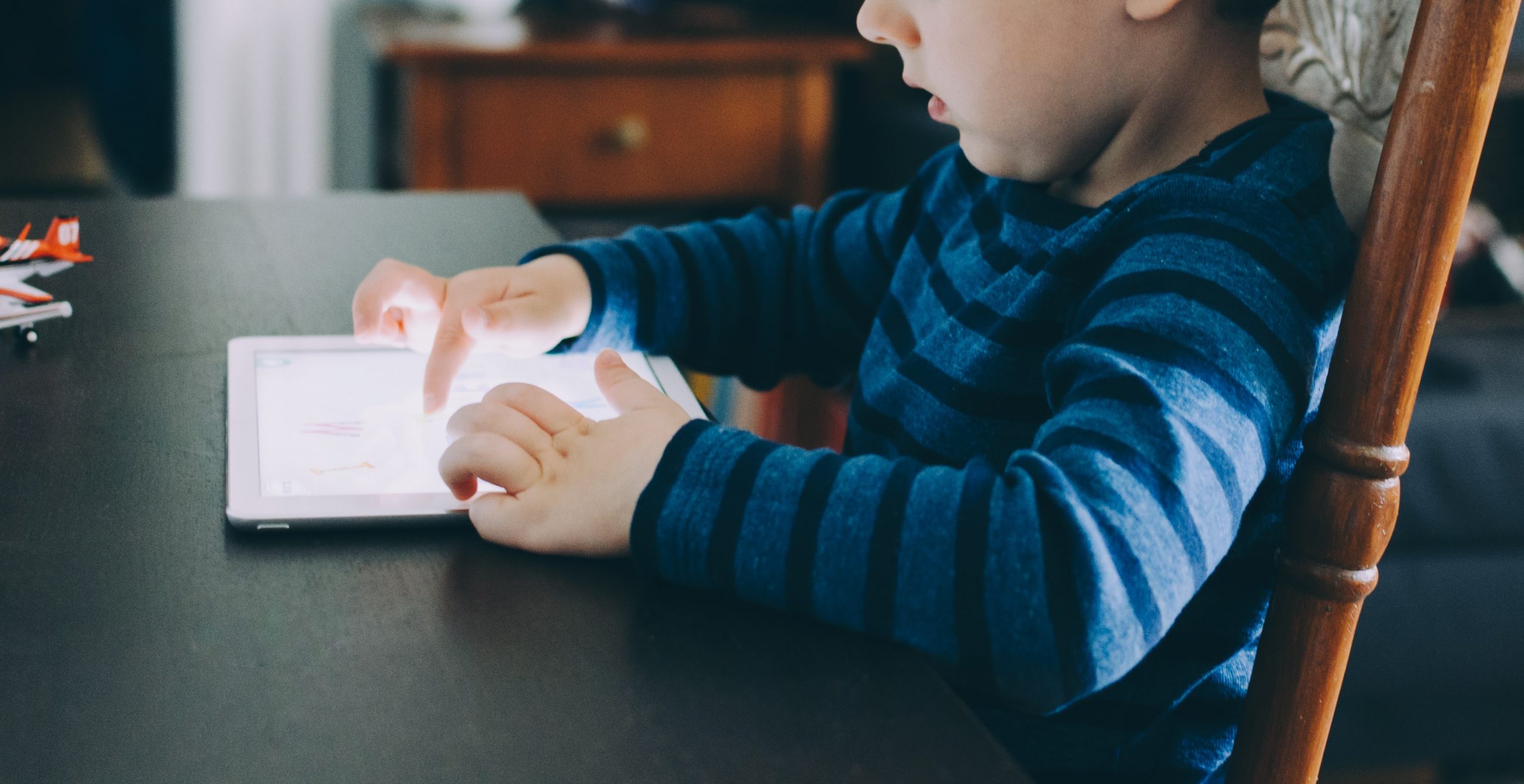Should I be concerned about my child’s screen time?
This is a question I hear frequently. The COVID pandemic caused a significant increase in the amount of time our children spend online each day, and many parents have concerns about their child’s technology use. In today’s world, it would be nearly impossible to avoid screens entirely (and most people would not want to!), but when is it too much? At what point should we start to worry about the effects of those hours our kids spend online?
There is No Escaping Technology
Between television, YouTube videos, games like Minecraft and Roblox, virtual communication platforms like Discord, and social media apps like Instagram and TikTok, kids are completely saturated with virtual media. Even when parents are able to help kids abstain from certain types of technology, the enmeshment of tech into schools, paired with social pressures, makes limiting tech an extremely challenging task.
You Are Not Wrong to Be Afraid
Research on the effects of technology use on the developing brain is not lacking. There are numerous studies that have returned potentially problematic, even downright concerning results. A 2019 study that looked at brain scans of preschoolers found that children who used screens longer than the recommended (1 hour per day) had lower levels of development in their white matter – a key area in the development of language, literacy, and cognitive skills.
View that study here.
Additionally, the CDC found that the suicide rate for kids ages 10-14 doubled from 2007-2014 which happened to be the same time that social media use skyrocketed.
But how can parents know how much screen time is appropriate and when to be concerned?
5 Warning Signs that Your Child May be Addicted to Technology
- School work is suffering. This one can be tricky to recognize due to the overwhelming challenges the pandemic brought to school aged kids during the most recent academic year. Take notice if your child’s change in academic performance directly coincides with increased tech use.
- Loss of interest in other activities. If your child once loved playing soccer or creating art, but has lost interest and replaced that passion with a desire for screen time, some intervention may be necessary.
- Uncharacteristic aggression when interrupted from screen time. If you notice your child snapping, yelling, or showing uncharacteristic signs of anger when they are interrupted or asked to conclude their tech use, pay attention.
- Choosing to spend time online over spending time with friends or family. If your child is turning down social invitations in favor of spending more time online, there may be cause for concern.
- Neglecting basic needs or personal hygiene. If you notice your child failing to care for their own basic needs (getting less sleep, skipping meals), or abandoning personal hygiene such as showering and brushing their teeth due to a preoccupation with screen time, it might be time to take action.
I think my child may be addicted to technology- what do I do now?
The good news is that technology addiction is treatable! Children’s brains are malleable and interrupting troublesome habits now can help your child to strengthen new neural connections. Early intervention can set a foundation that will help children learns skills to balance technology use in the future.
There are many strategies to treat mild to severe technology addiction in children and teens. The first step would be to have a trained therapist assess your child for technology addiction. The National Institute for Digital Health and Wellness has a list of local providers trained to help your child manage technology issues. There you can also find helpful articles on technology use and its effects on the developing brain.
If you are concerned, or unsure if your child may be struggling to balance their relationship with screens, ask a professional! These times are difficult to navigate, and you are not alone. There is plenty of support out there to help you and your child learn skills to manage technology use.
Want to learn more?
“Glow Kids” by Nicholas Kardaras is a great place to start to learn about the effects of technology on kids today.
“Reset Your Child’s Brain” by Victoria L. Dunkley MD has some wonderful guidance on at home interventions for tech addiction












